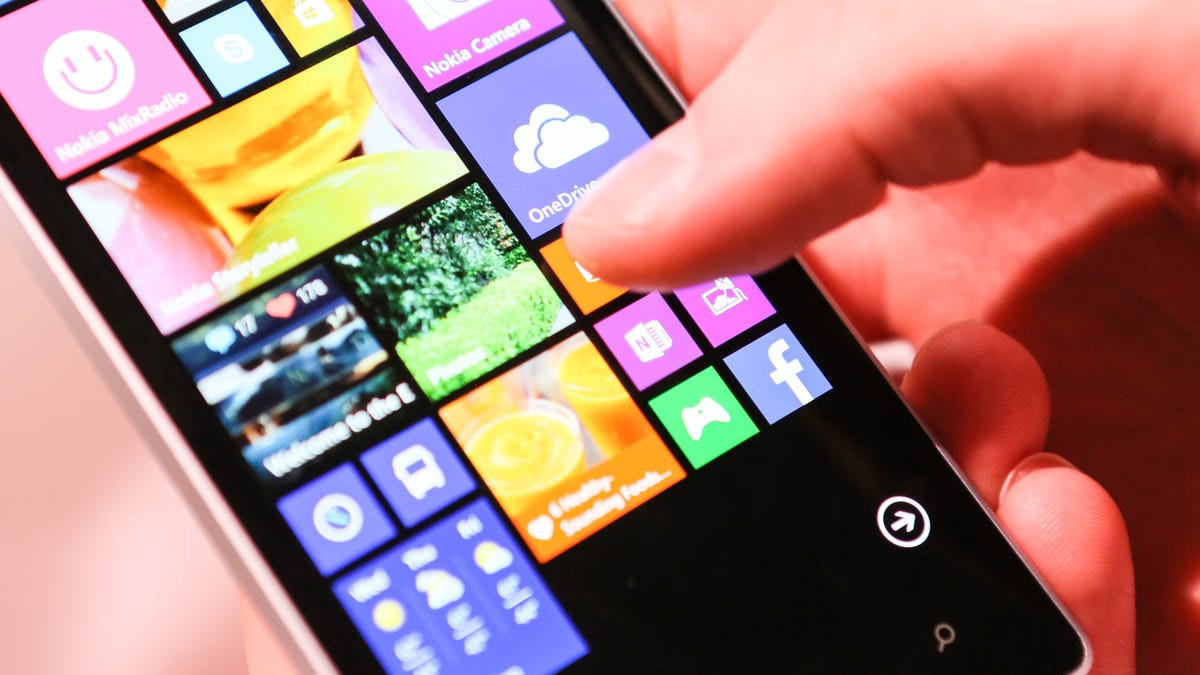
CNET
The Chinese government has given its approval for Microsoft’s acquisition of Nokia’s mobile phone products and services business, clearing away a major roadblock to the mammoth $7.2 billion deal.
Antitrust review of the Microsoft-Nokia deal in Asia had delayed the acquisition, which the companies had planned to complete by March. In a statement Tuesday, Nokia reiterated its belief that the deal will now close in April.
“Nokia and Microsoft have now received regulatory approvals from the People’s Republic of China, the European Commission, the US Department of Justice and numerous other jurisdictions,” Nokia said.
If Microsoft gets its way, the acquisition will mean consumers have another ecosystem of phones, apps, and services that’s as powerful as those built by Apple around iOS and by Google around Android. So far, though, other challengers haven’t yet dented the dominance of those two mobile OSes.
Nokia stock rose €0.15 (21 cents), or about 3 percent, to €5.47 ($7.52) in trading in Helsinki Tuesday. Microsoft stock, in trading before US markets opened, dropped 7 cents, or 0.2 percent, to $39.80.
Evidently feeling compelled to answer critics of its patent licensing terms, Nokia had this to add: “The regulatory approval process has involved a thorough review of Nokia’s patent licensing practices by several competition authorities around the world. During that process, no authority has challenged Nokia’s compliance with its FRAND undertakings related to standard-essential patents (licensing on fair, reasonable, and non-discriminatory terms) or requested that Nokia make changes to its licensing program or royalty terms.”
The acquisition is a major change for both companies. Nokia had risen to become the top mobile phone company worldwide, but has steadily lost relevance and financial success with the arrival of Apple and Android smartphones. Nokia’s tight partnership with Microsoft to use the Windows Phone operating system failed to restore its fortunes.
And for Microsoft, the acquisition will mean a full transformation from a software company into one that sells hardware, too. Microsoft’s Surface tablets, which run Windows 8 and Windows RT, haven’t made a huge dent in the tablet market.



